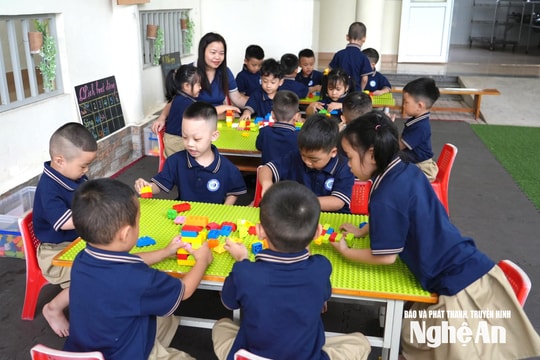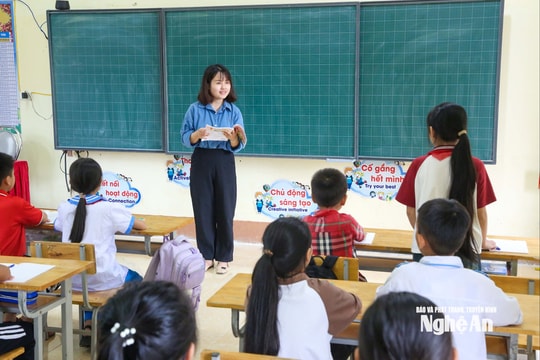The Provincial National Assembly Delegation surveyed the implementation of the Law on Higher Education and the Law on Vocational Education.
Preparing for the 10th session of the 15th National Assembly, on the morning of October 6, the provincial National Assembly delegation had a working session with Vinh University of Technical Education to survey the implementation of the 2012 Law on Higher Education (amended in 2018), the 2014 Law on Vocational Education and to collect comments on the draft Law on Higher Education (amended), and the Law on Vocational Education (amended).
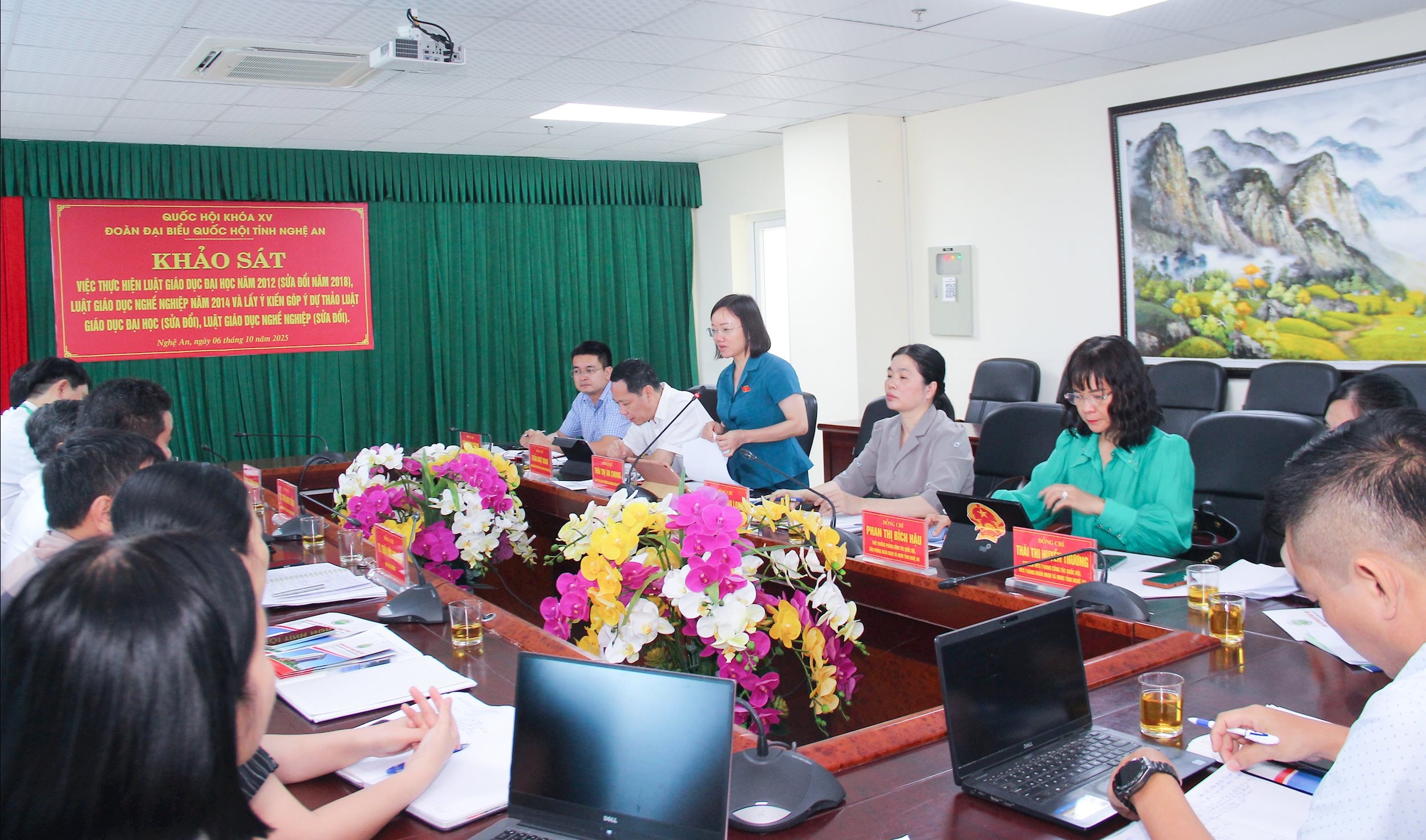
Comrade Thai Thi An Chung - Member of the Provincial Party Executive Committee, Deputy Head of the National Assembly Delegation of Nghe An province chaired the meeting.
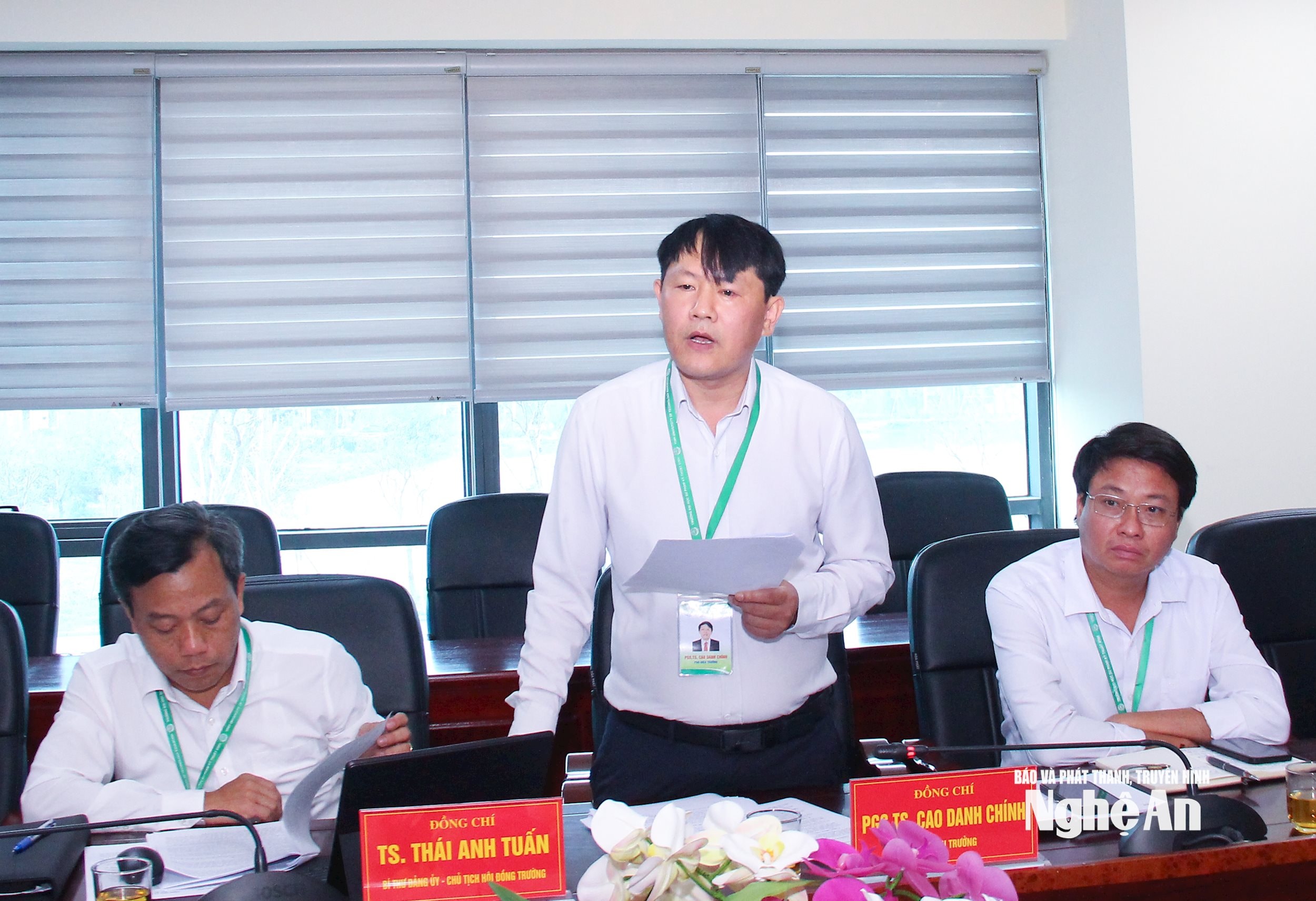
Many suggestions from practice
Vinh University of Technical Education currently has a total of 256 staff, lecturers and employees. The school enrolls and trains 4 master's degree programs, 16 undergraduate programs and 26 college programs. The school's annual enrollment is from 2,700 to 3,200 students; in 2025 alone, it will enroll 3,246 students.
The school's training quality is increasingly improved, the average rate of graduates with jobs is 94%, especially in technical fields reaching 100%. The school contributes to improving the quality of human resources for the province, when about 2/3 of students are children of Nghe An, serving the labor force for enterprises in the province, Vsip industrial parks, WHA Industrial Zone Nghe An, Nam Cam industrial park... and outside the province. Currently, the school ensures 87% autonomy in regular expenditure.
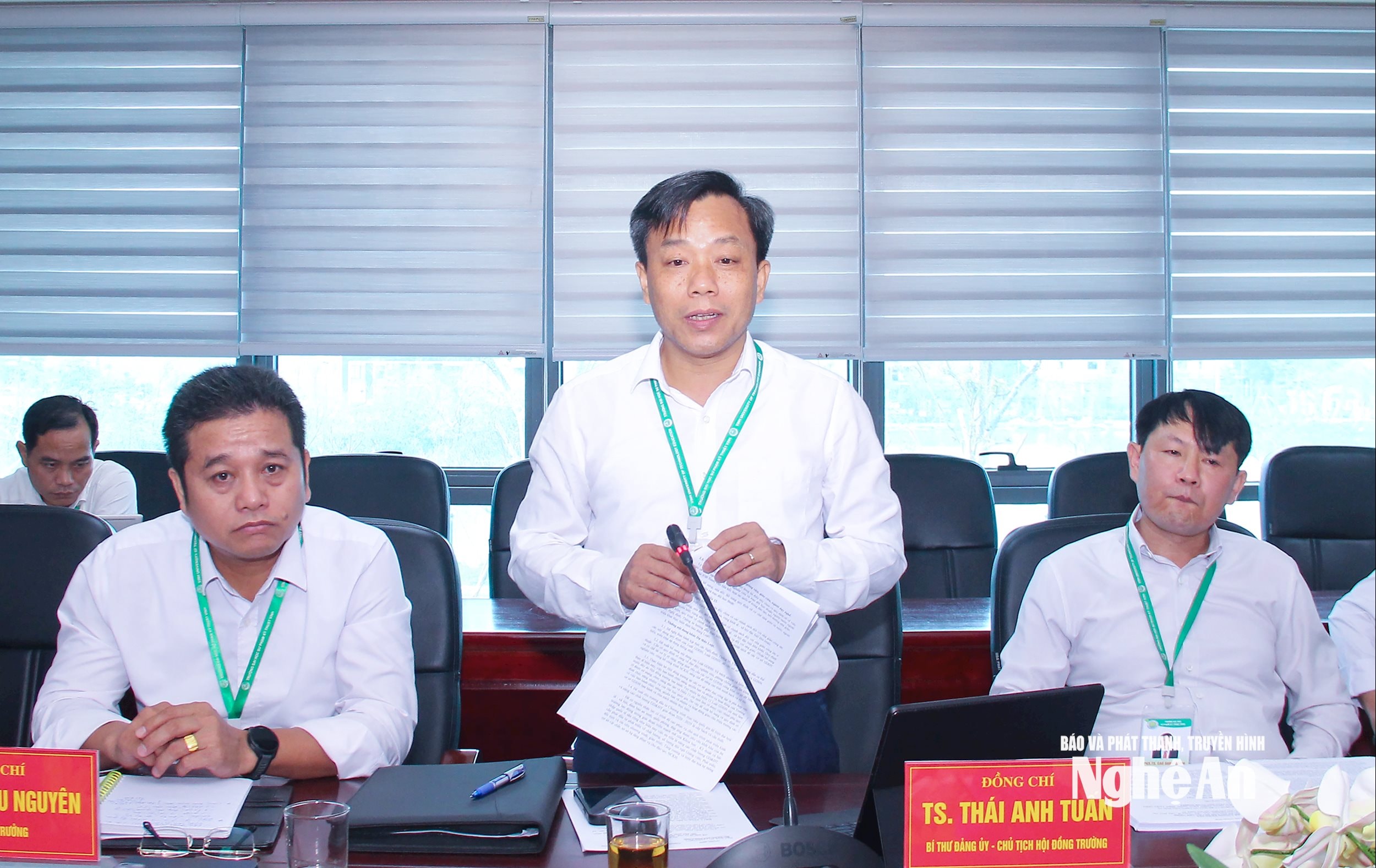
According to the leaders of Vinh University of Technical Education, the implementation of the 2018 revised Law on Higher Education and the 2014 Law on Vocational Education has helped the school consolidate its legal foundation, improve its organization, expand training, enhance quality assessment, innovate governance, develop scientific research, promote international cooperation and modernize facilities.
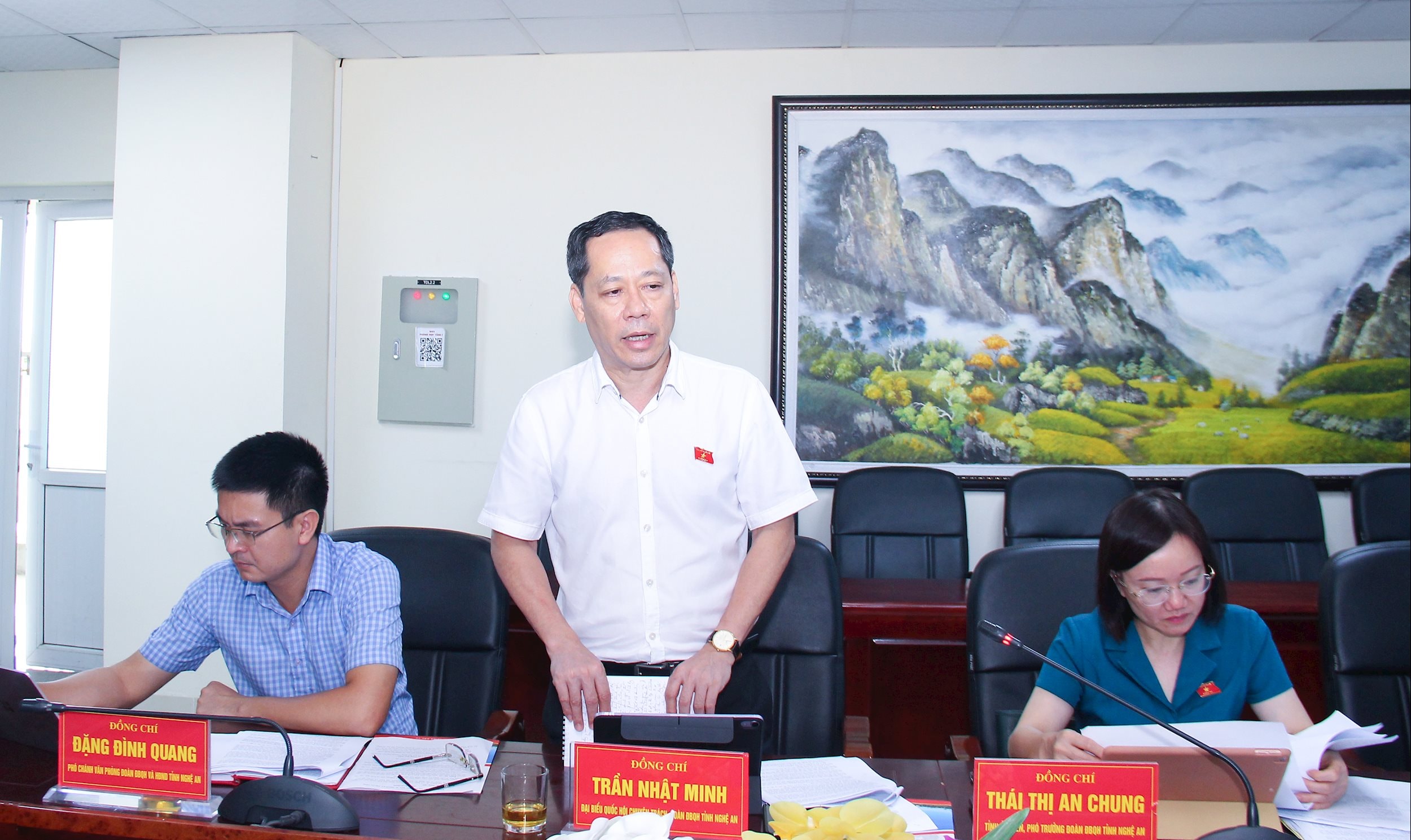
However, the implementation of the two laws has posed some difficulties and limitations. For example, the autonomy of schools has not been fully implemented, especially in relation to the appointment of key staff, payroll, investment and purchase of assets, which still require the approval of the Ministry in charge, reducing flexibility in administration; in student affairs, etc.
Many provisions of the 2018 revised Law on Higher Education are not consistent with the Law on Civil Servants, the Law on State Budget and the Law on Public Asset Management, leading to constraints on autonomy in personnel, organizational structure and finance.
The establishment and operation of the University Council are still formal and have not really promoted their role; the determination of authority and responsibility between the University Council, the Board of Directors and the Party Committee is unclear and confusing, affecting the effectiveness of the modern university governance mechanism.
-1a3bbc848e16f802d83238bd012429b8.jpg)
From the implementation practice, the leaders of Vinh University of Technical Education contributed and added many contents to the draft Law on Higher Education (amended) and Law on Vocational Education (amended). These include strict regulations on enrollment, avoiding unhealthy competition, leading to dispersion of resources; proposing to eliminate intermediary steps in higher education to conform to the spirit of Resolution 71 of the Politburo; adding autonomy in organizational structure, apparatus and autonomy in international cooperation; adding the establishment of a Science and Technology Development Fund in higher education institutions, attaching regulations on the operation and use of this fund.
Regarding the draft Law on Vocational Education (amended), the school also made specific comments on regulations on training programs, objectives, certificates, and policies for lecturers, teachers, and vocational trainers.
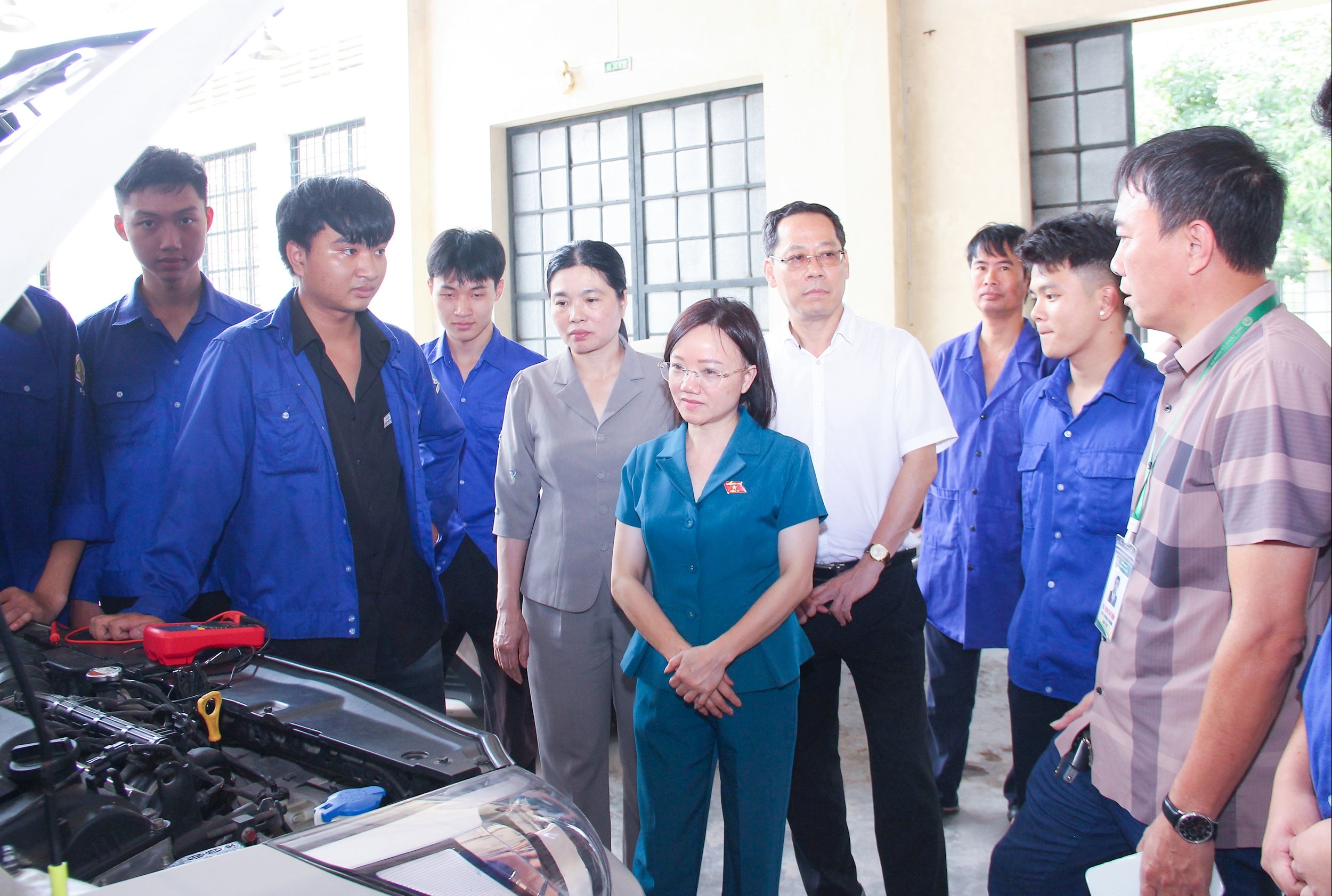
Vinh University of Technical Education also proposed to abolish the School Council; at the same time, it was suggested that there should be a mechanism to regulate the rate of using trained labor for businesses, both contributing to improving human resources and promoting training in schools; there should be a mechanism to bind businesses to participate in the training process, including regulations to pay training fees when using trained labor resources, instead of just encouraging.
Regarding the national target program to modernize and improve the quality of education and training in the 2026 - 2035 period, it is an urgent and necessary issue; however, there needs to be an objective management and allocation mechanism among schools according to management decentralization.
Proposal to build Vinh University of Technical Education into a key school
At the meeting, members of the working group of the National Assembly Delegation of Nghe An province raised many issues between legal regulations and practice that are posing inadequacies related to the issue of autonomy in educational institutions; sustainable development of schools; solutions to improve the quality of human resources; scientific research associated with practical application...
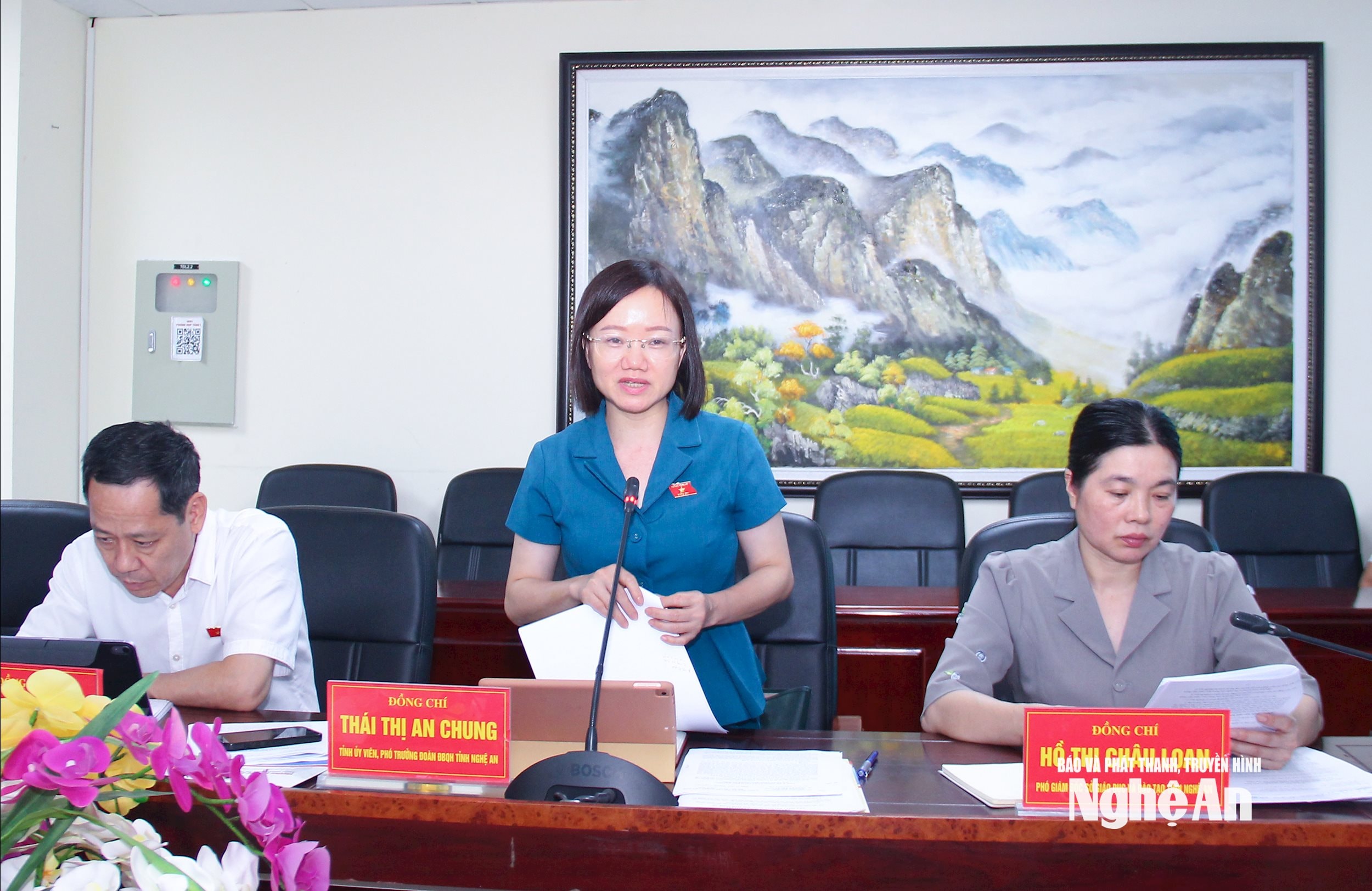
Concluding the meeting, Comrade Thai Thi An Chung - Member of the Provincial Party Executive Committee, Deputy Head of the Provincial National Assembly Delegation highly appreciated the seriousness in implementing and realizing the provisions of the 2018 amended Law on Higher Education and the 2014 Law on Vocational Education in the school's activities, contributing to the school's increasingly development, contributing to the goal of improving the quality of human resources of the province and the country.
Acknowledging the sense of responsibility of Vinh University of Technical Education in studying the draft laws to contribute comments, the Deputy Head of the Provincial National Assembly Delegation emphasized: The comments have shown depth, raised issues arising from the practical operation of the two laws, raising inadequacies, difficulties and limitations; this is important information, helping the Provincial National Assembly Delegation have a basis to contribute comments and reflect in the working sessions of the National Assembly at the next meeting, so that the agency in charge of drafting the draft laws can amend and supplement them, so that the laws after promulgation meet practical requirements.
The provincial National Assembly delegation also noted a number of recommendations and proposals from the school to the Ministry of Education and Training and Nghe An province; including the proposalThe Ministry of Education and Training put the school on the list of key technical pedagogical schools nationwide./.

.jpg)
.jpg)
